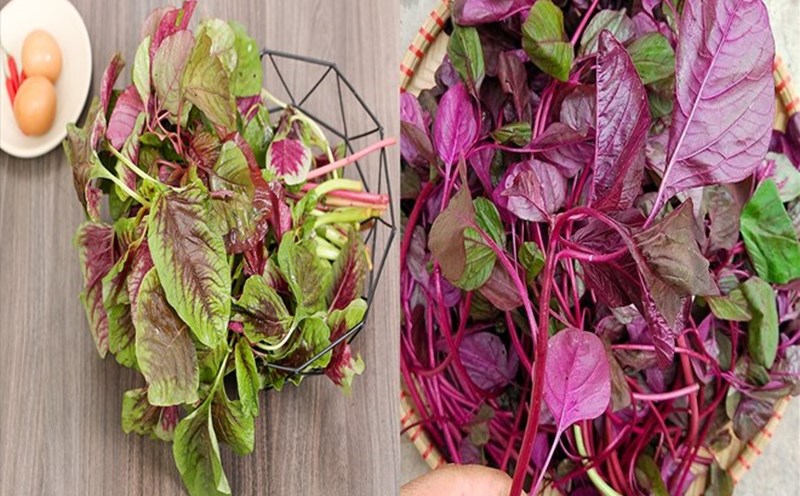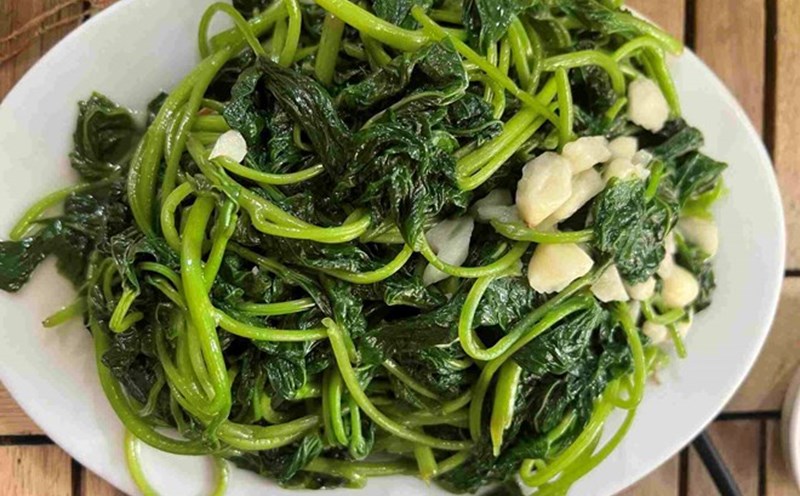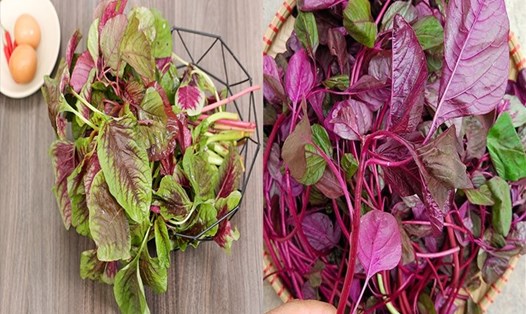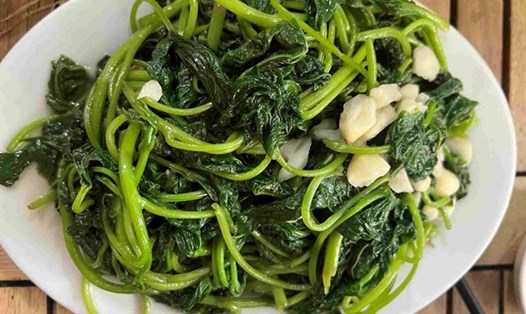Tofu
Tofu is a top plant-based source of calcium. According to the United States Department of Agriculture (USDA), 100 grams of tofu contains 200–400 mg of calcium, depending on how it is prepared.
A study from the National Institutes of Health (NIH) shows that regular consumption of tofu helps improve bone density, especially in postmenopausal women.
Almond
Almonds are not only rich in healthy fats but also provide about 260 mg of calcium per 100 grams. According to the World Health Organization (WHO), nuts like almonds are a good source of calcium for vegetarians, and also contain magnesium, which aids in calcium absorption.
Chia seeds
Chia seeds contain about 631 mg of calcium per 100 grams – five times more than cow’s milk. Research in the European Journal of Clinical Nutrition shows that chia seeds also provide omega-3 fatty acids and fiber, helping to improve heart and bone health.
Kale
Kale contains about 150 mg of calcium per 100 grams, with a high absorption rate because it does not contain much oxalic acid. Research from Harvard University shows that kale is not only rich in calcium but also contains vitamin K - an important factor in the formation and protection of bones.
Sesame seeds
Sesame seeds are a great source of calcium, with about 975 mg of calcium per 100 grams. They also contain phosphorus and zinc, minerals that help promote bone health, according to research from the Journal of Trace Elements in Medicine and Biology.
White beans
White beans contain about 113 mg of calcium per 100 grams, and are also rich in fiber and protein. Research in the journal Nutrients shows that white beans not only support bone health, but also help control blood sugar and lower cholesterol.
Broccoli
Broccoli provides about 47 mg of calcium per 100 grams and has a good absorption rate. According to the Harvard Nutrition Institute, this vegetable is rich in antioxidants, which help reduce the risk of inflammation and promote bone health.
Seaweed
Seaweed, especially wakame, contains 150–200 mg of calcium per 100 grams. According to the Food and Agriculture Organization of the United Nations (FAO), seaweed is also rich in iodine, which helps maintain thyroid function and aids in calcium absorption.
Quinoa
Quinoa is not only a complete source of protein but also contains about 60 mg of calcium per 100 grams. A study in the Journal of Food Composition and Analysis emphasized that quinoa also contains magnesium and phosphorus, which help promote overall health.











